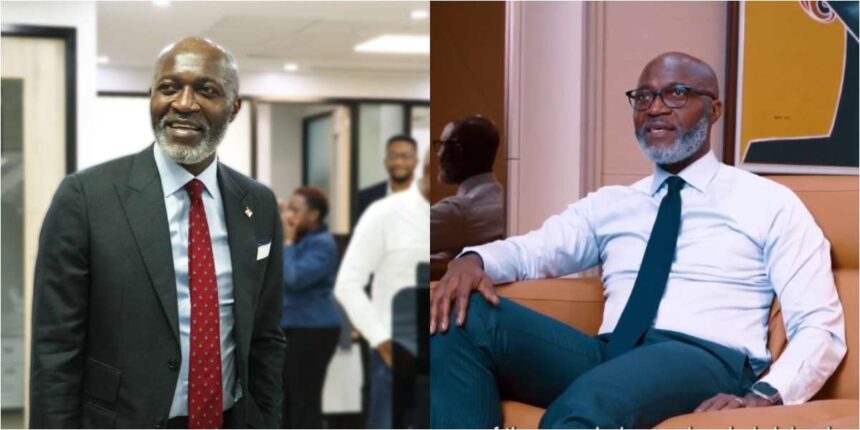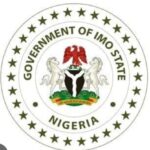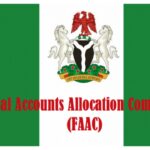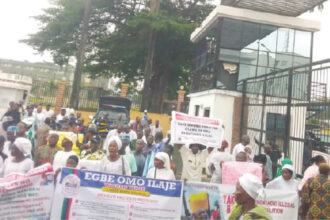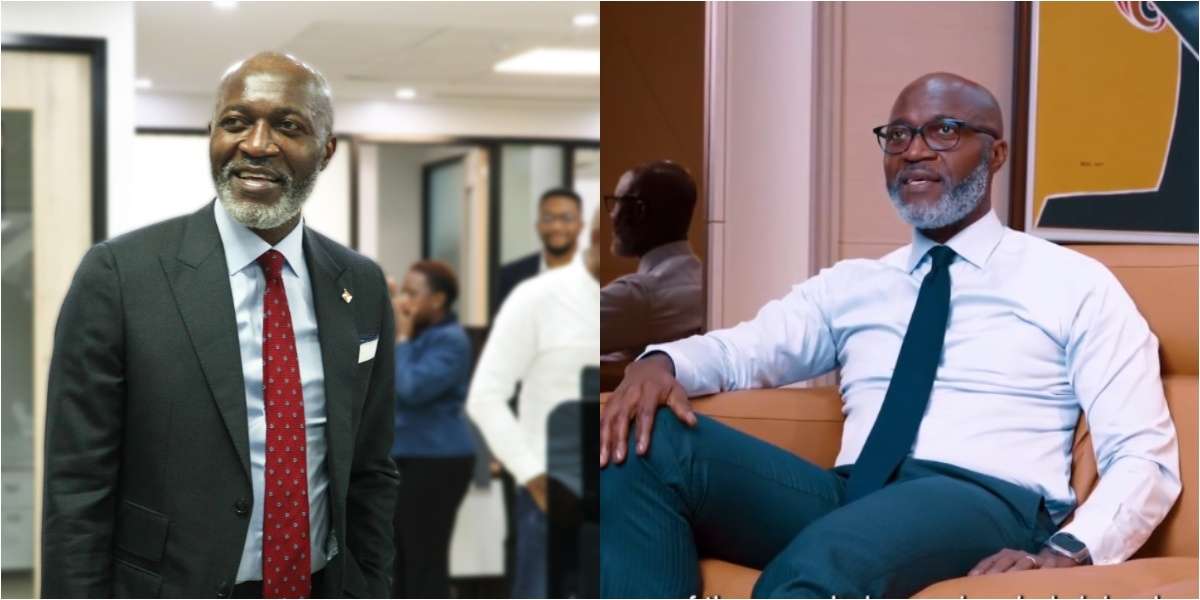
The Chief Executive Officer (CEO) of Access Bank Plc, Roosevelt Ogbonna, is facing criticism after acquiring a £15 million mansion in London’s upscale Hampstead area, famously known as Billionaires’ Row.
The property, purchased in August, boasts a spa, entertainment suite, and other luxury amenities, and was listed for £15 million as of 2021.
The deal, one of London’s most expensive this summer, is the latest example of high-end homes being sold at steep discounts in the UK capital this year after stamp duty increases and the abolition of a preferential tax status enjoyed by ultra-rich foreign residents hammered demand. There were 45% more price reductions on £5 million-plus properties between January and May than the same period last year, data from researcher LonRes show.
Still, a handful of mega-deals defied the slump this year, including several transactions involving wealthy foreigners. A member of the multibillionaire family behind Thomson Reuters Corp. agreed to buy a high-end London apartment for about £25 million earlier this year, while Silicon Valley investor Matt Cohler bought a detached house in Notting Hill for roughly £22 million at the end of April.
Ogbonna leads Access Bank, which is on an ambitious five-year growth plan that seeks to double the share of assets outside its home market by 2027. It ranks among Africa’s five biggest banks. It has operations in about 24 countries, including the United Arab Emirates and the UK, servicing more than 63 million customers in three continents.
The banker resigned as a non-executive director of the lender’s parent company, Access Holdings Plc, in August, but remains CEO of the bank.
Civil Society Raises Concerns
Civil society organisations, including Transparency International Nigeria (TIN), have expressed concerns over the high-value acquisition. Auwal Musa Rafsanjani, head of TIN, stated;
“The issue is that he should declare his assets and taxes to the government and explain how he got the money. We have tried to encourage the UK to extend this new law on unexplained wealth. If he is a public officer, he must indicate how he got the money. Politicians now understand that under UK law, they cannot loot money, buy houses, and avoid declaring how the money was made. So, they are using lawyers and bankers to do this. Unfortunately, some lawyers and bankers are now serving as gateways for looted funds, helping public officers hide money in properties under the guise of private ownership. There is a need for the Federal Inland Revenue to investigate why he has not declared taxes amounting to the kind of money he has sent abroad. He must explain how he made that money. The unexplained wealth law should not apply only to public officials. It should also apply to those holding or transferring public officials’ money under false pretence, claiming it as their own when it is not. CISLAC strongly calls on the FIRS authorities to expand their oversight on some of these so-called financial institutions. In any case, financial institutions consistently refuse to declare their assets. We cannot fight corruption if we fail to address corruption within the financial system itself.”
Rafsanjani also stated; “He must declare how he made the money because, as CEO, he does not solely control the bank’s resources. There is a board overseeing operations. The failure of banks to declare assets and pay appropriate taxes creates loopholes exploited by corrupt actors.”
Shareholders Voice Mixed Reactions
Reactions among shareholders have been divided. Boniface Okezie, national coordinator of the Progressive Shareholders Association of Nigeria (PSAN), said;
“If the purchase was made with legal earnings, it is his right. However, this raises questions about why many Nigerians prefer to invest abroad, potentially undermining local economic growth. Our focus should be on encouraging investments that create jobs and bolster Nigerian industries.”
Patrick Ajudua, national chairman of the New Dimension Shareholders Association, added:
“If the transaction is lawful and transparent, it may not affect shareholder interests. But appropriate agencies should investigate to ensure the transaction complies with regulations.”
Meanwhile, Isaac Botti, programme officer at Social Action Nigeria, defended Ogbonna’s purchase, saying;
“He is not a public official; therefore, his private investments are not subject to public accountability. Unless there is evidence of fraud or mismanagement affecting the bank, his personal financial decisions are his prerogative.”
Ogbonna’s Leadership and Bank Expansion Plans
Ogbonna has led Access Bank, Nigeria’s largest by assets, for over three years and resigned as a non-executive director of its parent company, Access Holdings Plc, in August, while remaining CEO.
The bank continues its ambitious expansion plan, aiming to double assets outside Nigeria by 2027. Currently, it operates in 24 countries across Africa, the Middle East, and Europe, serving more than 63 million customers.

